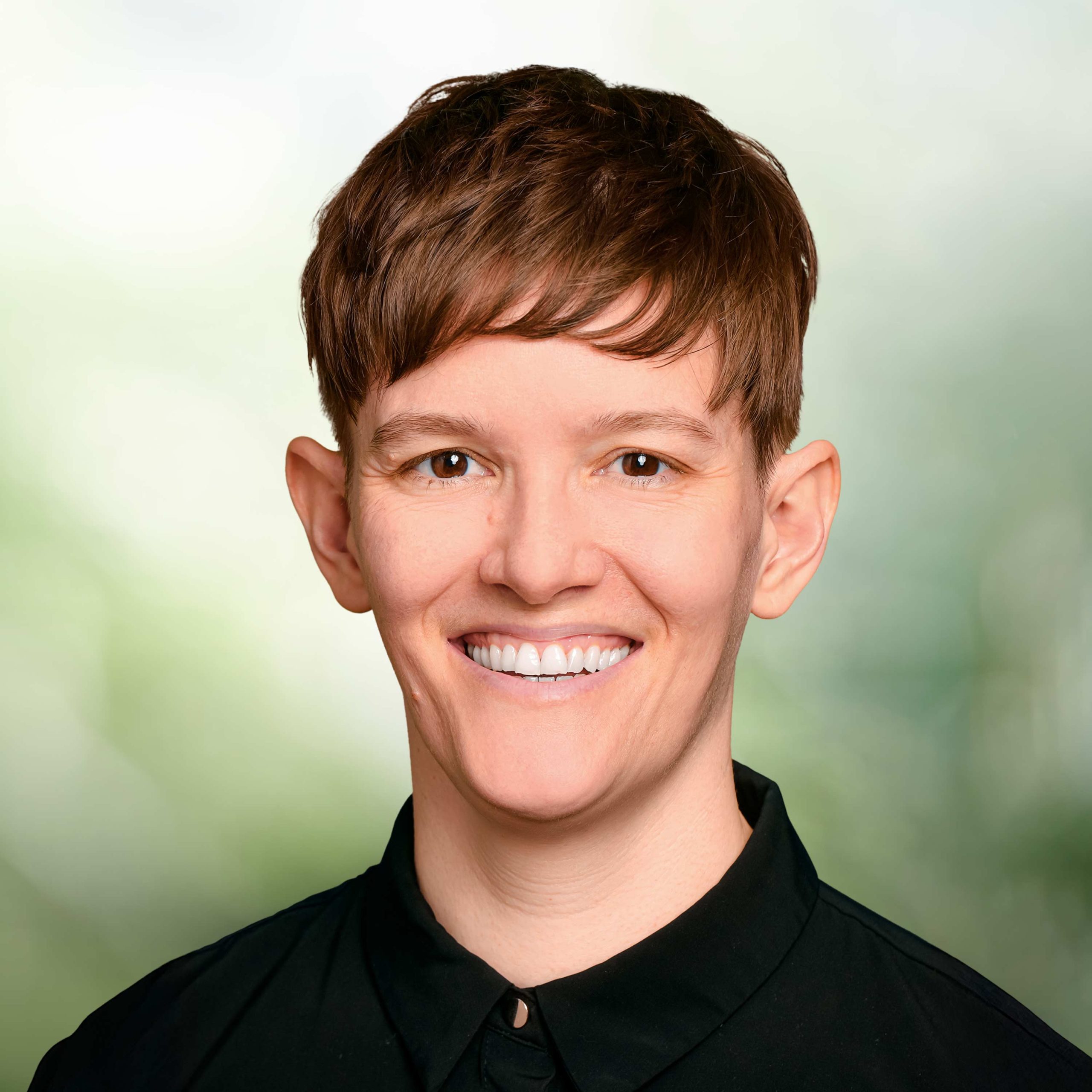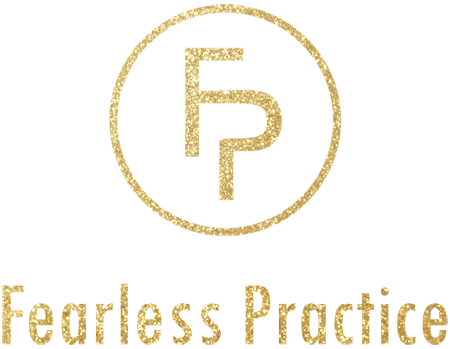15 STEPS To Starting a Canadian Private Practice
Note: This post contains affiliate links and I will be compensated if you make a purchase after clicking on my links.
1. Get certified/ licensed
First things first: become a Certified Canadian Counsellor, this will allow you to get liability insurance. You’ll also be able to sign up with a few insurance companies whose members may get reimbursed for their counselling sessions. Ideally, also get licensed so that your can sign up for A LOT more insurance companies that potential clients might have benefits with. Right now Ontario, Quebec, and Nova Scotia are the only provinces where you can become licensed. To learn more at:
www.ccpa-accp.ca/profession/regulation-across-canada/
2. Get liability insurance
Once you’re a certified CCPA member you can get liability insurance through BMS. Learn more at:
www.ccpa-accp.ca/membership/insurance/insurance-details/
3. Name your private practice
Naming your practice after yourself can seem like a simple solution BUT if you ever want to hire other counsellors or sell your business it can become A LOT trickier. Start my FREE e-course on How to Start a Canadian Private Practice to learn how to name your private practice.
www.fearlesspractice.ca/ready-to-start-an-online-private-practice
4. Register your business
Check the rules in your province; all I can say is that in Nova Scotia you need to register your business if it is not your name:
http://novascotia.ca/sns/access/business/ready-register-business.asp
5. Get an GST/HST # for your business?
Psychologists, Social Workers and provinces that regulate Counselling Therapists or Psychotherapists do not have to charge GST/HST!
If you are a therapist in an unregulated province you may or may not have to charge GST/HST. You can find more information on the Canadian Counselling and Psychotherapy website (CCPA). Even if you need to charge tax, the good new is that you won’t have to on your first $30 000 earned each year. BUT if you have an GST/HST number, you will have to collect tax starting with your first dollar. The scary thing is, that once you go over the minimum $30 000 you will have to pay tax on top of your ENTIRE income that you did not tax clients for. So, depending on how much you earn, getting an GST/HST number might be a good idea or it might not.
6. Find office space
Start off small. Speak to other health practitioners (naturopaths, massage therapists, other counsellors etc.) to see if you can rent a room from them for a day or for a couple hours a week as you build your client base. Learn more about how to rent Canadian office space at:
www.fearlesspractice.ca/office
7. Get an office phone number
I use Grasshopper, which has cheap rates and allows me to use my personal phone. Check them out at:
www.fearlesspractice.ca/phone
8. Get business cards
I use MOO because of their stylish cards. Check it out at:
www.fearlesspractice.ca/businesscards
9. Find a niche
Figure out what you are going to specialize in. Hesitant to choose a niche? Check out this article that can help you decide:
https://www.fearlesspractice.ca/how-to-choose-a-niche-for-your-canadian-private-practice/
10. Build a website
Try WordPress.com where you can choose from tons of templates, get great SEO, and if you want extra help you can hire a specialist to build your website! I recommend the $33 per month (plus tax) Creator plan that includes amazing security and plug in options!
Click here to start building your website!
And click here to learn more about building your Canadian counselling website:
11. Figure out how you’re going to store client records
The are many awesome online management systems that offer secure online notes and scheduling.
I use Jane at: www.fearlesspractice.ca/Jane (Canadian) and love how professional and easy it is to use. Plus, you can use the code FEARLESS to try it for one month completely free!
Before choosing your system make sure you are compliant with Canada’s privacy laws: https://vsee.com/blog/hipaa-canada-health-information-privacy/.
12. Develop a paperwork packet that includes consent forms and your business policy.
Create your own or purchase the Canadian Private Practice Paperwork Packet at https://fearlesspracticeshop.ca/products/canadian-private-practice-paperwork. Better yet, use code FEARLESSPP to get it for only $99 plus tax!
13. Decide on your price for your services
Here’s a great article about how to do so:
www.fearlesspractice.ca/rate
14. Join Psychology Today
Many potential clients find counsellors on this site (I’ve gotten many from this site!). Check it out at:
www.psychologytoday.com
15. Join Open Path Collective
Give back by offering a couple of slots for clients that cannot afford your full fee. I have found that it gets very complicated and annoying negotiating a sliding scale with clients. This site takes out the bargaining. You have your full fee or your Open Path fee PLUS it’s free to join. Here’s the link:
https://openpathcollective.org
and you can see how I advertise it on my fee page here:
https://insightmentalhealth.ca/rates-insurance/
Disclaimer: The information provided through this blog is for informational purposes only. It is not clinical or consulting advice. E-subscribers and website visitors are receiving general advertising and information about starting a Canadian private practice and should not act upon this information without seeking professional consultation.


About Jules Smith
Jules Smith, MEd, RCT, CCC is a registered Counselling Therapist who owns a group private practice in Halifax, Nova Scotia. They are also the owner of Fearless Practice Consulting and hosts the Fearless Practice podcast. Through the Fearless Practice podcast, they provide invaluable insights and practical advice on starting and growing a successful Canadian private practice.
Jules also has written articles for the Canadian Counselling and Psychotherapy association. You can learn more at www.ccpa-accp.ca/blog/.


